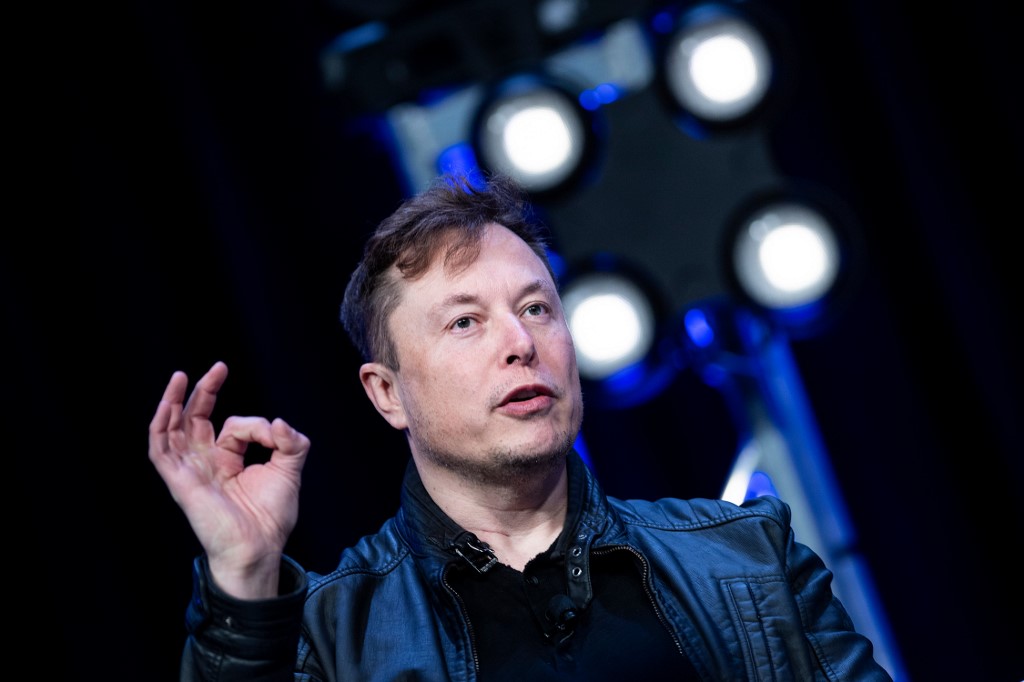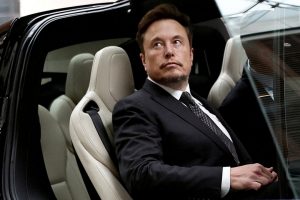(ATF) When in India, do what all others do – that’s the message that the country’s telecom regulator seems to want to convey to Elon Musk’s satellite internet company Starlink, which is threatening to disrupt India’s fiercely competitive internet services.
The Department of Telecommunications (DoT) has started examining whether Elon Musk-led SpaceX’s offer to pre-sell its Starlink satellite internet service in India flouts any of the country’s existing telecom and technology laws, according to a report by The Economic Times.
Elon Musk is best known as the CEO of Tesla and SpaceX, but he also heads a super-fast internet provider that opened services for pre-booking at the end of February in several places around the world, including certain parts of India.
Corporate and business clients were allowed to book orders for $99 and were promised services on a “first-come-first-serve-basis” from the second half of 2022 through SpaceX satellites slated to be launched in orbit shortly. The broadband company aims to provide cheaper web for millions in remote areas across the world.
The department, according to the report, is trying to assess if the Starlink beta service offer violates any provisions of the Indian Telegraph Act of 1885, the Indian Wireless Telegraphy Act of 1933, India’s satcom policy of 2000, or the Information Technology (IT) Act also from 2000.
According to the regulator, since SpaceX has not yet established, or maintained a ‘telegraph’ in the Indian jurisdiction, it cannot offer its services or offer pre-booking.
Local rules also state that no commercial launch can be executed during the testing phase of communication services.
LOCAL OBJECTIONS
The DoT move follows the Broadband India Forum (BIF) asking the Telecom Regulatory Authority of India TRAI and Indian Space Research Organisation (ISRO) to block SpaceX Technologies from pre-selling its beta version of its satellite internet services.
According to BIF, which represents Amazon, Facebook, Hughes, Google, and Microsoft, OneWeb and Facebook, since SpaceX does not have permission to offer such services in India, regulators should intervene to protect fair competition and ensure all players adhere to existing policy and regulatory norms.
Starlink has yet to comment on the report, but it has claimed that its service is ideally suited for areas of the globe where connectivity has typically been a challenge.
The upstart startup also claims that Starlink satellites are over 60 times closer to Earth than traditional satellites, and thus allegedly have lower latency and the ability to support services “typically not possible with traditional satellite internet.”
Starlink also competes with Jeff Bezos-led Amazon’s Project Kuiper, an initiative to launch a constellation of Low Earth Orbit satellites that will provide low-latency, high-speed broadband internet connectivity. Amazon plans to invest $10 billion in this project.
Besides Kuiper, SpaceX is a direct competitor to Bezos-owned space-tech giant Blue Origin as well.
Last November SpaceX urged the Indian government to expedite approvals for satellite technology use to ramp up internet access in remote parts of the country.
Meanwhile, the Federal Communications Commission (FCC) in the US has awarded SpaceX $886 million as part of a programme to help bring high-speed broadband internet to the country’s rural areas.
READ MORE:
Tesla on the charge as it prepares to plug into India
India tells Tesla: We’ll give you the lowest production costs
























